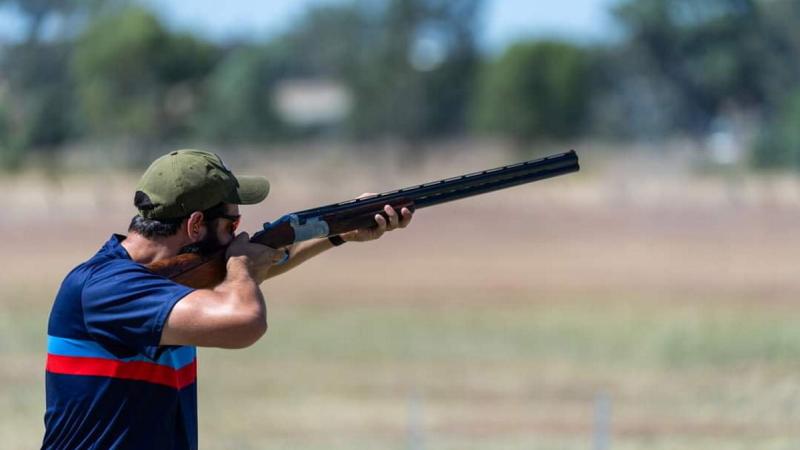When stroke struck Rebecca Moore, her life was put on hold. She was just 47 years old, and was working as a nurse in remote Australia, while also completing her Master’s degree in nursing.
It was November 2022 when Rebecca’s husband Grant, also a nurse, recognised something was not right. He completed the F.A.S.T (Face, Arms, Speech and Time) test and called an ambulance.
“I don’t recall anything that happened that night. The memories I have are stories I have been told. I was sent home from hospital after three days, but I didn’t know what a cup, fork or spoon was,” Rebecca said.
“The health professionals basically said I wouldn’t improve, and it would be highly unlikely I’d ever get back into nursing.”
Grant took 15 months off work and became Rebecca’s therapist. The pair were determined to get her back to work.
“We would go into Bunnings and learn every single product in the store, once I had learned everything, we’d go to a music shop and learn what each instrument was,” she said.
“About 10 months after my stroke, I got my driver’s licence back. It was such a thrill to be able to write the shopping list, get in my car and drive to the supermarket all by myself, it gave me a real sense of freedom.”
Now, 14 months later, Rebecca has gone back to work as a nurse at an aged care home.
“When my alarm went off for the first time in 14 months it was so exciting. It’s been a very good place to start, and my stroke has given me a new perspective when I am caring for my patients.”
Rebecca used Stroke Foundation’s free support service, StrokeLine, to help navigate getting her driver’s licence back.
StrokeLine is a free, confidential phone service which is staffed by health professionals who provide expert information, advice, support and referrals.
Stroke Foundation Chief Executive Officer, Dr Lisa Murphy, said Rebecca’s experience highlights just how vital the free support service is.
“Our StrokeLine team understands the physical and emotional changes survivors are experiencing and can help people take charge of their recovery,” Dr Murphy said.
“With more than one third of Australian survivors of stroke leaving hospital with no plan or guidance on how to navigate their recovery, our service has an important role to play.
“We need to be able to reach as many people after stroke as we can, so they don’t fall through the cracks, and StrokeLine helps make that possible.”








